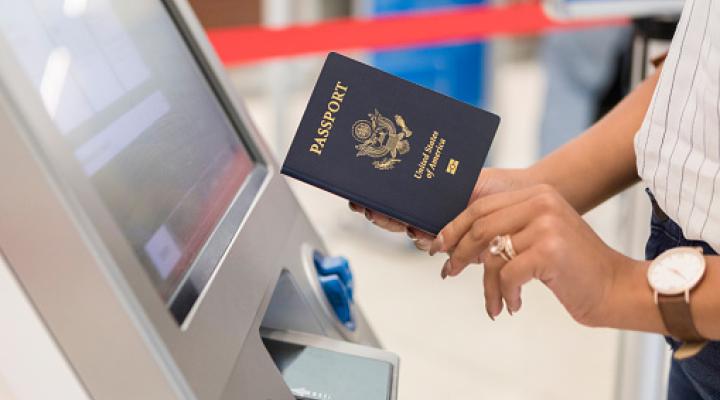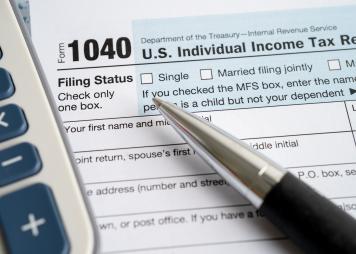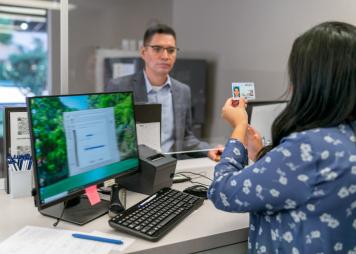Preguntas frecuentes para nuevos ciudadanos

However, it's natural to have questions and concerns about various aspects of your citizenship status.
This article aims to address some frequently asked questions and common concerns that new citizens often have. From renewing passports to traveling internationally, name changes, and dual citizenship, it covers a wide range of topics to provide you with the information you need.
Can I get a Social Security number (SSN)?
You will need to visit a Social Security office so they can update your SSN record. Wait at least 10 days after your ceremony before doing so and be prepared to show them your Certificate of Naturalization or your U.S. passport. You need to update your record because you will need your SSN to get a job, collect Social Security benefits, and receive other government services. If your record has not been updated, this may impact the information your employer receives about your work eligibility. To find your Social Security office, call 1-800-772-1213 or visit ssa.gov.
Can I get a driver’s license?
If you have a U.S. driver’s license or state-issued identification card (ID), you can update your record with the agency that issues driver’s licenses in your state, often called a Department of Motor Vehicles (DMV). To update your address or legal name on a DMV-issued ID card, contact the DMV agency in your state. You can search for your state DMV using USA.gov.
Can I register to vote?
Voting in elections is a responsibility that comes with U.S. citizenship. As a new U.S. citizen, you have the right to vote. Before you can vote, you need to register. Go to vote.gov to find out how to register in your state. You can fill out a voter registration form online, by mail, or in person. You can also register when you apply for or renew your driver's license.
Visit vote.gov for official voting information in many languages.
You can also find additional information about voting in the Voter’s Guide to Federal Elections.
Can I get a passport?
In addition to your Certificate of Naturalization, a U.S. passport serves as official proof of citizenship. As a U.S. citizen, you are now eligible for a U.S. passport from the U.S. Department of State. You will need to submit your original Form N-500, Certificate of Naturalization, and a photocopy when applying for your U.S. passport. Visit the Department of State's website for more information, passport forms, to find where you can submit your passport application, and to apply for your U.S. passport. You may also apply for a U.S. passport for any child under the age of 18 who automatically acquired citizenship based on your naturalization.
Can I travel internationally with my new citizenship?
Yes, as a new citizen, you have the right to travel internationally with your new citizenship. Your new citizenship grants you access to a passport, which is the primary travel document used for international travel. Ensure that your passport is valid before planning any international trips, and be aware of any visa requirements or travel restrictions imposed by the countries you plan to visit.
What should I do if I want to change my name after obtaining citizenship?
If you wish to change your name after obtaining citizenship, you can do so by following the legal procedures in your state. The process typically involves submitting a name change application, providing supporting documents (such as a marriage certificate or court order), and paying any required fees. Consult with your local government or an attorney to understand the specific process and requirements for this change.
Can I have dual citizenship?
Dual citizenship, which allows you to hold citizenship of two countries simultaneously, depends on the laws and regulations of your country of origin and your newly acquired country, the U.S. Some countries allow dual citizenship, while others may have restrictions or require you to renounce your previous citizenship. It is crucial to research and understand the laws of both countries involved to determine if dual citizenship is possible.
Will my new citizenship affect my obligations to my country of origin?
The impact of acquiring a new citizenship on your obligations to your country of origin varies depending on the laws and regulations of both countries. Some countries may require you to fulfill specific obligations, such as military service or tax responsibilities, regardless of your new citizenship. It is advisable to consult with legal professionals or relevant government agencies to understand your obligations in this regard.
How can I update my citizenship status with government agencies and institutions?
Actualizar su estado de ciudadanía en los organismos e instituciones gubernamentales es esencial para asegurarse de que sus registros sean exactos. En primer lugar, notifique su nueva ciudadanía a los organismos gubernamentales pertinentes, como la Administración del Seguro Social, el Departamento de Vehículos Motorizados y el Servicio de Impuestos Internos. Actualice su información en bancos, con los empleadores y en otras instituciones según sea necesario para reflejar su nuevo estado de ciudadanía.
Adquirir la ciudadanía abre un mundo de oportunidades y derechos. Si bien es normal tener preguntas y dudas durante esta transición, estar informado sobre las áreas comunes de incertidumbre puede ayudar a facilitar el proceso.
The information provided on www.onepercentforamerica.org is intended for general informational purposes only. No debe tomarse como asesoramiento profesional ni reemplazar la orientación de un profesional.



